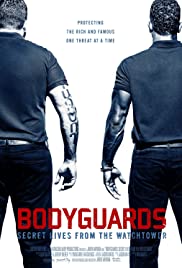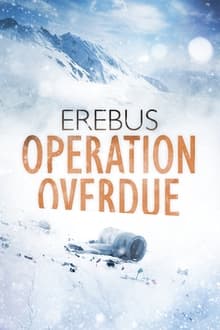
In the aftermath of the February shooting at Marjory Stoneman Douglas High School that left 17 dead, filmmakers Emily Taguchi and Jake Lefferman traveled to Parkland and began filming with students who endured gunfire and the parents who lost their children in the crosshairs. “After Parkland” is an intimate chronicle of families as they navigate their way through the unthinkable; reckoning with unexpected loss, journeying through grief, and searching for new meaning.
You May Also Like

In the feature documentary FROM THE GROUND UP, former meat-eating college football player Santino Panico goes on a journey to rediscover the athlete within–this time, as a vegan. As he meets with vegetarian and vegan elite competitors, this story about food and sport expands to confront the social norms and far-reaching impacts of food choices.

Explore the secret world of the bodyguards who risk their lives to protect the rich, famous and powerful.

97% owned present serious research and verifiable evidence on our economic and financial system. This is the first documentary to tackle this issue from a UK-perspective and explains the inner workings of Central Banks and the Money creation process. When money drives almost all activity on the planet, it’s essential that we understand it. Yet simple questions often get overlooked, questions like; where does money come from? Who creates it? Who decides how it gets used? And what does this mean for the millions of ordinary people who suffer when the monetary, and financial system, breaks down? Produced by Queuepolitely and featuring Ben Dyson of Positive Money, Josh Ryan-Collins of The New Economics Foundation, Ann Pettifor, the “HBOS Whistleblower” Paul Moore, Simon Dixon of Bank to the Future and Nick Dearden from the Jubliee Debt Campaign.

Elderly sailor Sven Yrvind takes on a daring solo voyage from Ireland to New Zealand. What seems like a reckless journey on the unforgiving seas is also inner journey that prompts the thought – how do we wish to lead our lives?

Bob Hercules and Rita Coburn Whack’s unprecedented film celebrates Dr. Maya Angelou by weaving her words with rare and intimate archival photographs and videos, which paint hidden moments of her exuberant life during some of America’s most defining civil rights moments. From her upbringing in the Depression-era South to her swinging soirees with Malcolm X in Ghana to her inaugural speech for President Bill Clinton, we are given special access to interviews with Dr. Angelou whose indelible charm and quick wit make it easy to love her.

A portrait of the writer and poet Steven J. Bernstein (aka Jesse Bernstein), one of Seattle’s most celebrated and troubled voices. His angry, surprisingly fresh, lyrical writings are about sensitive souls, drifters and drug addicts, people alienated by a society that refuses to understand them. Bernstein was an integral part of the legendary Seattle rock scene of the late 80’s and early 90s, and in 1991 was dubbed the ‘Godfather of Grunge.’

Ken Burns’ portrait of Louisiana governor and U.S. senator Huey Long.

Documentary telling the compelling story of the 40th Irish Dancing World Championships.

Lush jungle and a building in ruins are the ideal stage for a film-confession that defies storytelling and goes beyond conversation on cinema. Tsai Ming-Liang and his actor Lee Kang-sheng confess and put on stage a pièce in which attention and slowness are in tune with the rhythm of memory. The unveiling of Tsai Ming-liang’s filmmaking: from Stray Dogs to the most intimate notes of the director-actor relationship.

Tethered addresses the current landscape concerning the well being of all of us, as it is in current crisis due to our digital addictions and screen dependency.

On 28 November 1979, an Air New Zealand jet with 257 passengers went missing during a sightseeing tour over Antarctica. Within hours 11 ordinary police officers were called to duty to face the formidable Mount Erebus. As the police recovered the victims, an investigation team tried to uncover the mystery of how a jet could fly into a mountain in broad daylight. Did the airline have a secret it wanted to bury? This film tells the story of four New Zealand police officers who went to Antarctica as part of the police operation to recover the victims of the crash. Set in the beautiful yet hostile environment of Antarctica, this is the emotional and compelling true story of an extraordinary police operation.

The musical educational system in Ireland is explored, where over 30,000 students prepare for graded piano exams each year.